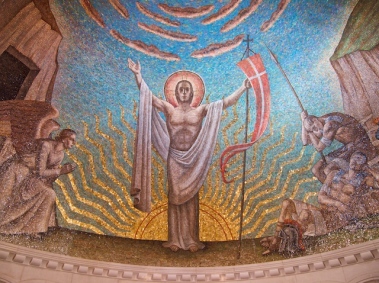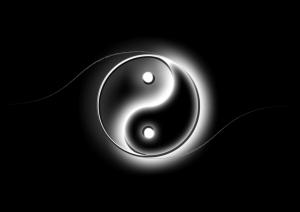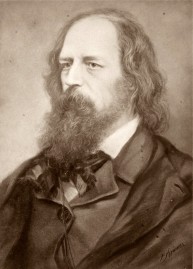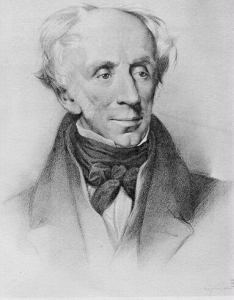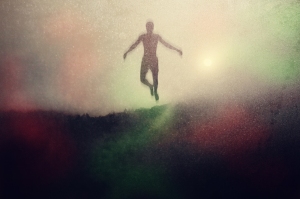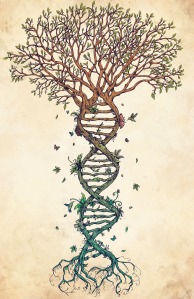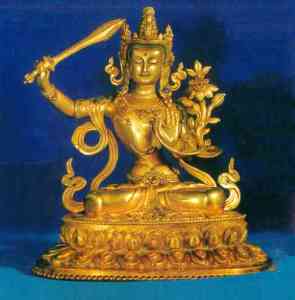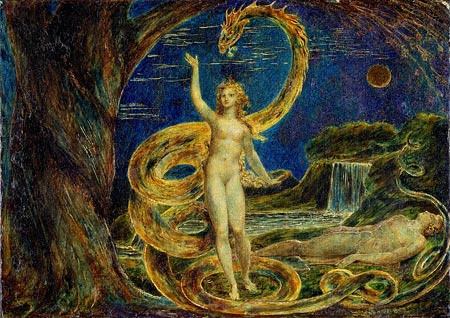
It’s time for us to step aside and take a deeper look at the serpent and it’s role in the human story. To do so I will quote at length from Valentin Tomberg’s magnum opus, Meditations on the Tarot. This is from his meditation on the ninth major Arcanum, “The Hermit:”
…the serpent of Genesis “who was the most cunning of all living creatures” (Genesis iii, 1),…aspiration is the expansion of consciousness in the horizontal (“the fields”). The ultimate aim of the logic of cunning, that of the serpent, is not to become God but to become “like God.” “To become like” – this is the essence of cunning and is also the meaning of scientific faith, the scientific creed, which is at the same time only a paraphrase and development of the promise of the serpent: “your eyes will be opened, and you will be like gods, knowing good and evil”(Genesis iii, 5).
To open your eyes, to be like gods, knowing good and evil – this is the great Arcanum of empirical science. This is why it is dedicated to the cause of enlightenment (“open your eyes,” for the horizontal); this is why it aspires to absolute power for man (“be like gods”); and this is why, lastly, it is intrinsically amoral or morally neutral (“knowing good and evil”).
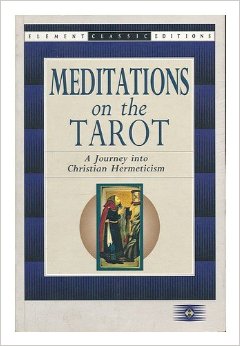
Does it deceive us? No. It opens our eyes in fact, and thanks to it we see more in the horizontal; it gives us power over Nature in fact, and makes us sovereign over Nature; it is useful to us in fact, no matter whether for good or for evil. Empirical science in no way deceives us. The serpent has not lied – on the plane where its voice and promise were audible.
On the plane of horizontal expansion (“the fields” of Genesis) the serpent certainly keeps its promise…but at what price with regard to other planes, and with regard to the vertical?
What is the price of scientific enlightenment, this “opening of the eyes” in the horizontal, i.e. for the quantitative aspect of the world? It is at the price of the obscuration of its qualitative aspect…Science reduces quality to quantity…It [uses] formula[s] expressing quantitative factors…of something deprived of all quality.
But here’s a wrench in Tomberg’s spokes. Although he acknowledges the serpent’s honesty in regards to the horizontal, biological evolutionary plane, he speaks as if the serpent has always been only in league with the horizontal. Yet the Genesis story implies the serpent’s stature used to be vertical, upright. And the serpent’s promise was audible on the plane of the vertical, while Adam and Eve were still in full relationship with God. It is only after imparting it’s knowledge via the Knowledge of the Tree of Good and Evil that it became the serpent that we know today, “cursed” to only existence on the horizontal plane (“eating dust”).
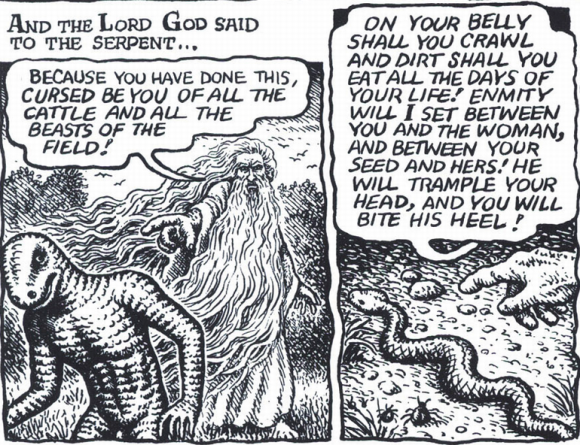
The serpent wasn’t just cunning, but was wise. Even Jesus himself told his followers to be wise as serpents. Yet the serpent’s cunning/wisdom seems to be only self-referential, not being able to reach beyond it’s own needs. That’s why Jesus tempers his saying by finishing with the injunction to be innocent as doves. So a valid interpretation overlooked by Tomberg is that the serpent makes a monumental sacrifice for all of humanity. Without the serpent’s “gift,” we would never have inherited the values and ethics of the vertical plane. Yes, friends, the story is a bit more complicated than Tomberg would have us understand. It would seem for there to be an expansion of consciousness in the horizontal, it is necessary for the vertical to be imparted. It is this point that Preston Harold seems to overlook as well in his comment from our previous post where he said, “But man, the only true biped, posed himself uprightly- alone in all the world, threw himself transverse the ‘natural’ line, became a vertical being, in truth measuring more than he was and more than evil measures.” Nowhere does Harold mention how man posed himself uprightly.
Yet both Harold and Tomberg speak the truth as to our current predicament, as our journey back to the source must always begin right where we are. And so we return to Tomberg:
What should one do, confronted with the choice between science and religion?…is it necessary to choose? Does it not suffice to give each of these two aspirations its place – not that which they arrogate to themselves, but that which is their proper place?
In fact, if there is not a religious empirical science or a scientific religion, there are religious scientists and scientific believers. In order to be a religious scientist or a scientific believer honestly, i.e. without compromising one’s conscience, it is necessary to add to the definite horizontal aspiration the definite vertical aspiration, i.e. to live under the sign of the cross:

It is at this point where “The Shining Stranger” enters the picture. Not only does “The Shining Stranger” postulate that science and religion must work in tandem, it reaches beyond and claims that scientific striving has already “crossed” over the strictly horizontal realm and found itself smack dab in the middle of exploring Jesus’ Kingdom of God, itself the very same quantum realm that science has been attempting to come to terms with since the early 20th century. In other words, the serpent of materialistic science has been crucified on the cross of matter and now must come to terms with its resurrection. The question for humanity now is will it heed the prophetic truth proclaimed by Tomberg, Harold, and those akin to them who had eyes to see and ears to hear? In other words, “When the Son of Man returns, will he find faith on the earth?”
Until next time, peace.




